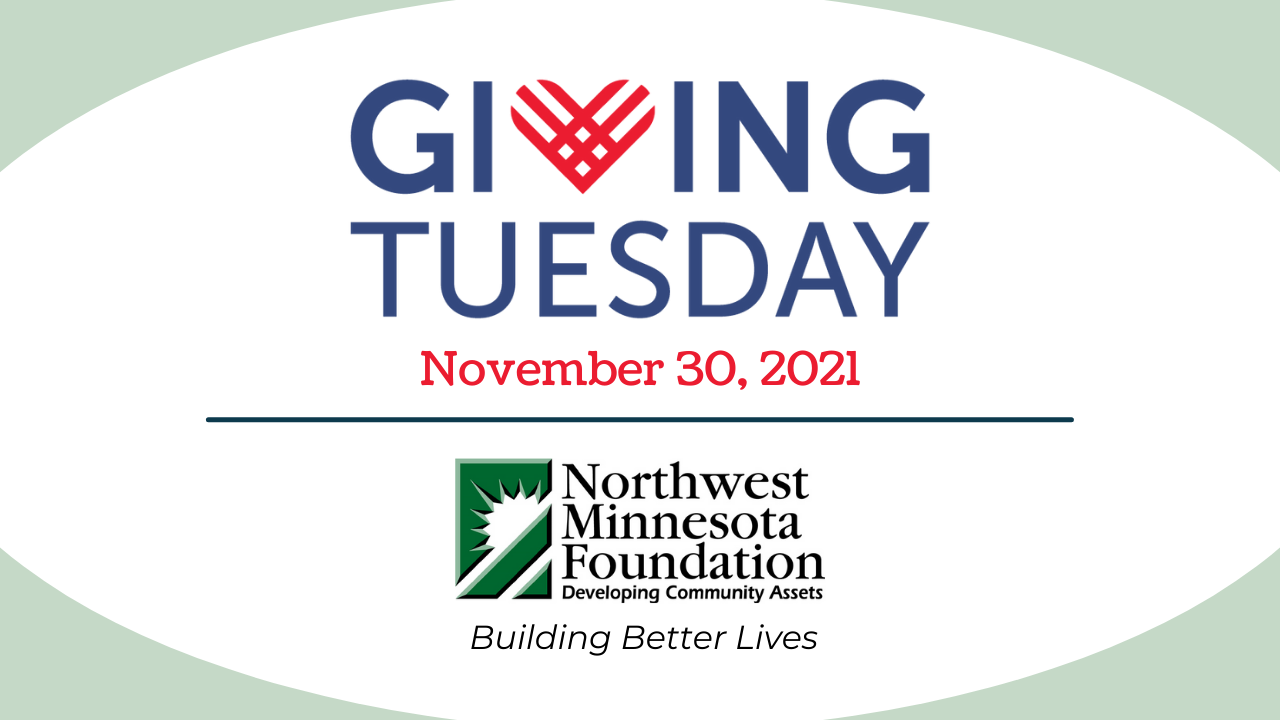Please note: As part of #GivingTuesday, the Northwest Minnesota Foundation is posting a few articles that already appeared in print, in various issues of our Resource newsletter. The following article ran in our August 2021 issue, which can be seen in its entirety here: https://issuu.com/nmfcommunications/docs/34334_nmf_resource_newsletter
‘They are looking for opportunity’
Resource navigators. Translator services. Cultural center. Community center.

The New Americans Integration Center, located in East Grand Forks, helps refugees and immigrant populations living in and around the greater Grand Forks area, its staff often pivoting from one role to another in quick succession. Located along a bustling Central Avenue, the non-descript building can easily be overlooked. But, inside, a sparse staff and dedicated volunteers advocate for and promote self-sufficiency for families through employment, education, cultural and social support and economic empowerment.
The Northwest Minnesota Foundation has long been dedicated to working with historically disadvantaged communities (SEE SIDEBAR ON PAGE X). Its relationship with the New Americans Integration Center (NAIC) has been particularly strengthened throughout the COVID-19 pandemic.
More than $30,000 has been granted from NMF to the NAIC since the pandemic emerged:
- $5,000 Emergency Disaster Grant for the Al Huda Center’s pandemic response, safety equipment and general operations in April 2020
- $5,000 Emergency Disaster Grant for pandemic response, safety equipment and general operation in May 2020
- $6,000 Bush Foundation, Bush Connect Grant for community building, housing and employment services in April 2021
- $10,000 Emergency Disaster Grant for general operations and translation services in May 2021
- $10,000 Housing Grant for housing education and training in June 2021
“The pandemic provided a unique opportunity to connect with organizations like the New Americans Integration Center,” said Nate Dorr, Vice President for Advocacy at NMF. “Our emergency disaster relief and recovery grants allowed us to learn more from communities across the region. In particular, it lifted up the needs of those most vulnerable, those who were already facing difficult times. The center in East Grand Forks does a lot with very little resources.”
Abdirisak Duale has been the director of the NAIC for three years, serving as its leader, spokesman, and community advocate. He said some new Americans are coming to East Grand Forks from overseas but many Somali refugees move to East Grand Forks from larger cities such as Chicago and Minneapolis.
“Peace,” he said. “They seek peace.”
While relieved to escape violence in East Africa in exchange for the relative calm of East Grand Forks, they instead face steep challenges in obtaining jobs and housing.
One Somali man, who moved from Minneapolis, remarked on how much safer he felt in East Grand Forks, for himself and his family. If only he could get a job, he said, life would be ideal here.
“They are looking for opportunity, how they can get employment opportunity, or how they can get assistance, how they can get an application,” Duale said. “Still, we have more gaps, between the county and the city, and schools and our own, but still, we’re learning from each other. Because the culture is different. Sometimes we speak different. To close that gap, it is taking time.”
The ultimate goal, Abdirisak said, is to foster cultural understandings and acceptance of all people, with the new and old all working toward the same greater purpose.
“America gives us, first, the opportunity, but we must also give our opportunity, our mind, our education, to feel we are one nation, to come together,” he said.
Dorr, who transitioned into his advocacy role in 2019 after serving as a senior program officer, has worked not only with Duale in awarding grants to the NAIC, but he also advocates to community leaders for further support and improvements. He has spoken with local city and school officials and regional legislators about the challenges that exist for refugees and suggested potential improvements.
“There’s a lot we can do at the local level to make communities more welcoming,” Dorr said. “Local agencies and private businesses hold a lot of power in developing practices that accommodate a more diverse citizenry.”
Meanwhile, as progress toward greater change chugs along, the NAIC continues to answer the calls and respond to the needs of the Somali population. Sometimes, its office manager is helping a refugee make an appointment for a doctor’s visit or car repair. Other times, she might be translating housing applications from English into Somali. Food is distributed on site every Friday, a result of their strong relationship with the local food shelf. Food is also delivered to those unable to travel.
Unassuming from the outside, ample gathering spaces exist within its walls, including a prayer room on the main floor and a pair of classroom-style spaces downstairs, in which children gather after school and English as a second language is taught.
“We are here, and they understand we are a resource for the new Americans,” Duale said. “They are looking for opportunity and a place where they can stay and live, in peace.”





